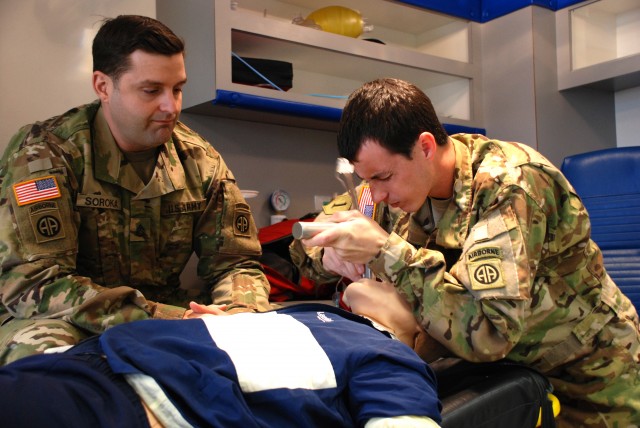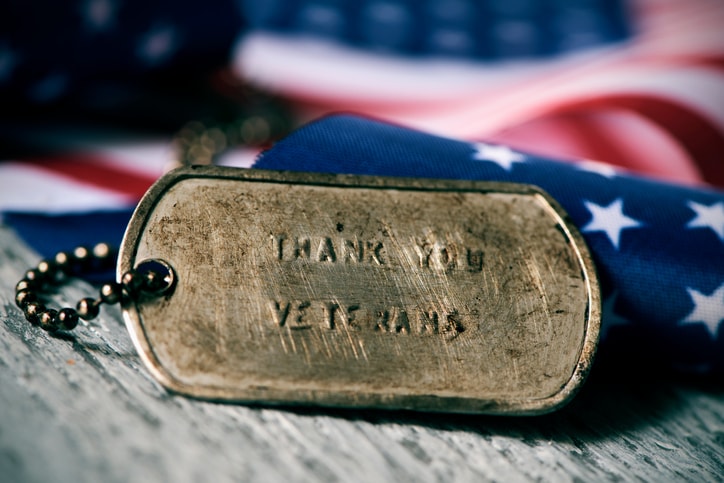Military EMS Personnel
Military Personnel and the EMS Compact

The EMS Compact provides specialized benefits to veterans, active-duty military members, and their spouses. All member states have enacted legislation requiring expedited licensure processing for qualified individuals, including veterans, active service members, National Guard and Reserves members, those transitioning from active-duty tours, and their spouses.
Acknowledging the Servicemembers Civil Relief Act (SCRA)
The Servicemembers Civil Relief Act (SCRA) includes a 2023 amendment that supports professional license portability for service members and their spouses. This federal law ensures that a professional license can remain valid when relocating under military orders.
How the SCRA Supports Interstate Licensure Compacts
- The SCRA provides preference for interstate compacts, including the EMS Compact, which streamlines licensure for military personnel.
- If your license is covered by an interstate compact, such as the EMS Compact, the compact’s rules govern your ability to practice in a new state.
- In cases where a license is not covered by a compact, the SCRA ensures license validity at a “similar scope of practice” in the new jurisdiction for the duration of the military orders.
For more details, refer to the Department of Justice's SCRA Fact Sheet or learn about eligibility requirements for the portability provision here.
Who Is Eligible?
The REPLICA legislation applies to:
- Veterans
- Active military service members
- Members of the National Guard and Reserves
- Individuals separating from an active-duty tour
- Their spouses
(See the REPLICA Model Legislation Section 7. A for additional details.)
What is required?
To request expedited processing, qualified individuals must "hold a current valid and unrestricted National Registry certification at or above the level of the state license being sought as satisfying the minimum training and examination requirements for such licensure" (See the REPLICA Model Legislation Section 7. A).
- Member states shall consider a veteran, active military service member, and member of the National Guard and Reserves separating from an active duty tour, and a spouse thereof, who holds a current valid and unrestricted NREMT certification at or above the level of the state license being sought as satisfying the minimum training and examination requirements for such licensure.
- Member states shall expedite the processing of licensure applications submitted by veterans, active military service members, and members of the National Guard and Reserves separating from an active duty tour, and their spouses.
- All individuals functioning with a privilege to practice under this Section remain subject to the Adverse Actions provisions of Section 8.

